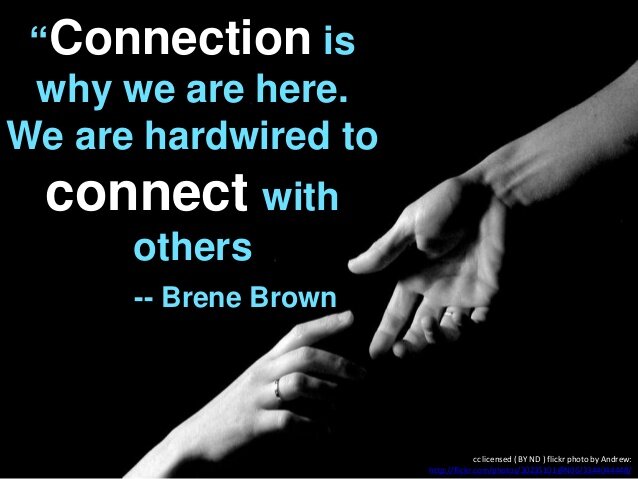Addiction is a complicated issue that is often intertwined with low self-esteem, alcoholism, drugs and mental ill health. Understanding the complex relationships is crucial to addressing and combating addiction effectively.
Definiton of addiction: a compulsive and harmful engagement with a substance or behaviour that often leads to negative consequences. It's not limited to substances like drugs or alcohol; it can involve behaviours like gambling, gaming or over/undereating.
Addiction can significantly destroy an individual's self-esteem, creating a vicious cycle that increases mental health challenges and sometimes results in physical diseases.
One important aspect of addiction's impact is its strain on self-esteem. Low self-esteem can predispose individuals to addiction and addiction can, in turn, further lower self-esteem.
Individuals with low self-esteem may turn to addictive substances or behaviours as a means of coping with their feelings of not being good enough, seeking temporary relief or escape. The relief provided by substances or behaviours would offer a fleeting illusion of confidence, reinforcing the addiction. A vicious circle has started.
Over time, however, addiction takes a toll on self-esteem. As it leads to negative consequences like strained relationships, financial problems or job loss, individuals often internalise these experiences, leading to a further decline in self-worth. The cycle perpetuates itself, as diminished self-esteem can make it even harder for individuals to break free from addiction. This highlights the importance of addressing self-esteem issues as part of addiction treatment.
Alcoholism is a specific category of addiction and is characterised by the compulsive and uncontrolled consumption of alcohol. It can have dire consequences for physical health, mental health and overall well-being. While it may start as a social or recreational activity, it can quickly spiral into a disease that impacts nearly every facet of a person's life.
Alcoholism is often regarded as a disease because it has both genetic and environmental components that contribute to its development. Some individuals have a genetic predisposition to alcoholism, meaning they are more likely to become addicted if they consume alcohol. The environment in which one is raised, their early experiences with alcohol and their coping mechanisms also play crucial roles.
Mental health is closely linked to addiction and alcoholism. Many individuals struggling with addiction have underlying mental health issues, such as depression, anxiety or trauma. Many attempt to self-medicate or numb their emotional pain so they turn to substances like alcohol. While alcohol may provide temporary relief, it ultimately exacerbates mental health problems. Alcohol is a depressant which can intensify feelings of sadness and hopelessness, leading to a vicious cycle that worsens both addiction and mental health.
Feelings of shame and guilt often increases with addiction which further erodes an individual's mental health. Addressing the mental health component is essential to breaking this cycle. Good addiction rehab centres recognise the necessity of providing therapy and support for co-occurring mental health conditions.
The connection between addiction and physical disease is another critical aspect to consider. Substance abuse can lead to a wide range of physical health problems, from liver disease to heart issues and beyond. These diseases most likely affects the individual's overall well-being, making it even more challenging to break free from addiction. The physical toll of addiction serves as a stark reminder of the disease aspect of substance abuse.
These elements are closely connected, creating a web of challenges for individuals struggling with addiction. To effectively combat addiction, it is vital to address these interconnected issues holistically, recognising that addiction is not just a matter of willpower but a complex challenge that requires a varied solution.
Understanding the complex nature of addiction is the first step in this journey towards recovery and a healthier, more fulfilling life.




















